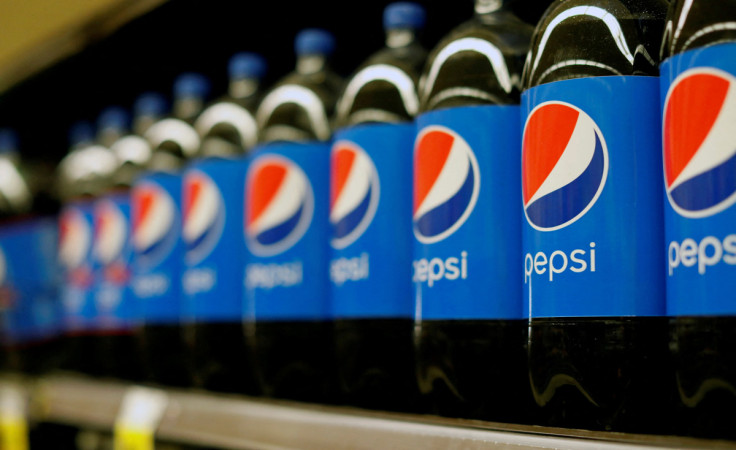PepsiCo Feels Dire Effects Of Weak Demand For Sodas; Misses Expected Revenue For 2nd Quarter

PepsiCo did not hit the expected revenues for the second quarter as competition from private-label brands, along with a series of price hikes, weighed on the brand's snacks and soda, primarily in the U.S., which is touted as the company's biggest market.
According to Reuters, analysts stated that the prices of products are already seeing some stability after almost two years of numerous increases. However, prices are still higher compared to pre-pandemic levels. This gives PepsiCo little room to increase its prices further as volumes decrease.
For the quarter that ended June 15, PepsiCo raised the average product prices by 5%, consistent with the first quarter. However, in the reported period, the company's organic volumes slipped by 3%.
Executives of the company explained that consumers became more value-conscious while spending, hence, year-to-date performance across different food categories, including snacks, was also subdued, Reuters reported.
"Throughout, we are seeing much more price sensitivity and consumers looking for more value across all income groups. Now, that is something we have to take into consideration," Ramon Laguarta, the CEO of PepsiCo, relayed to Reuters.
Laguarta also noted that the company cannot just continue to raise its prices and that it has been increasing productivity. He also mentioned that they have to put more focus on the company's efficiency.
"In the U.S., there is clearly a consumer that is more challenged," Laguarta stated during a conference call with investors, Associated Press reported.
"They want more value to stay with our brands," he added.
The company is working on adding new flavors to its series of snack brands like Cheetos, Doritos, and Lay's. It aims to cater to the different preferences of customers and offer products in a variety of price ranges.
Volumes dropped by 4% for Frito-Lay North America, the company's snacking business and its second largest. The company also saw a 3.5% decline in its largest business, the North American beverages division.
In addition to declining volumes, the company's shares dipped by as much as 3.4% to a nine-month low of $158.03. This came after the company announced that it is expecting organic revenue growth in 2024 to be about 4%, which is lower than previous expectations of at least 4%.
"They are on the lower side of projections here; they're seeing the weakness, and we've been talking about that for several quarters now, and it seems to be ongoing," stated Don Nesbitt, the senior portfolio manager at F/m Investments.
Still, despite this, the company's revenue rose by 0.8% to $22.50 billion in the said quarter.
© Copyright IBTimes 2024. All rights reserved.





















